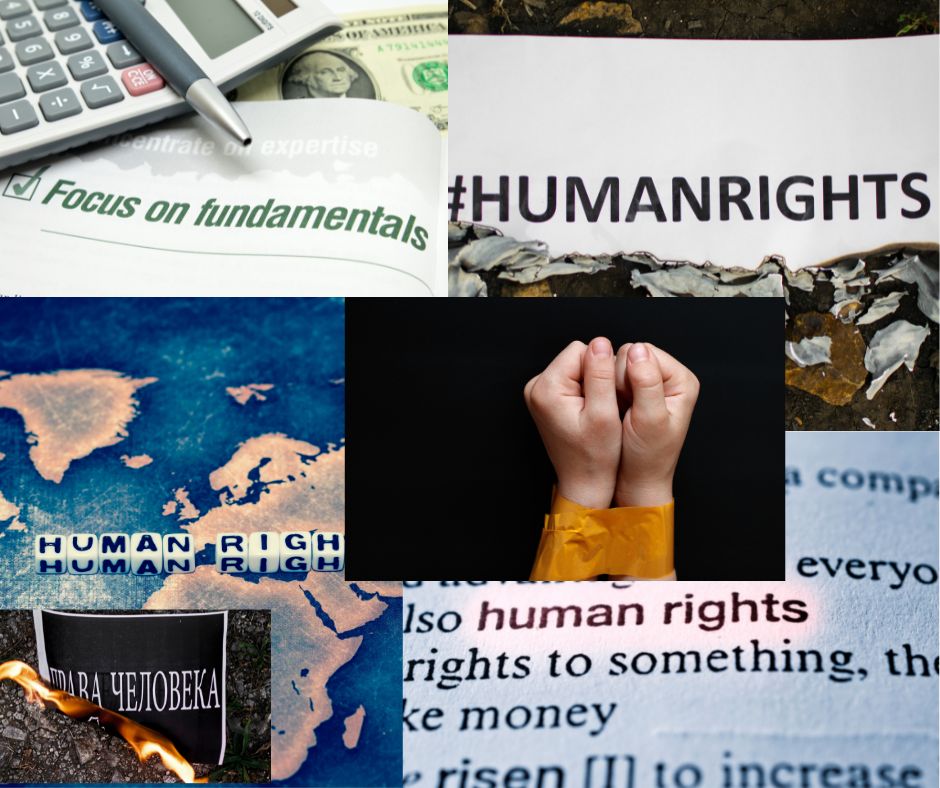
According to the most recent Global Estimates of Modern Slavery published by the International Labor Organization (ILO), International Organization for Migration (IOM), and international human rights organisation Walk Free, 50 million people were living in modern slavery worldwide in 2016. Of those, 28 million were forced into forced labour, and 22 million were forced into forced marriages.
ILO Director-General Guy Ryder said, “It is disturbing that the situation concerning contemporary slavery is not getting better.”
“Nothing can excuse the continued violation of these basic human rights,”
Integrated slavery
In 2021, there were 10 million more individuals in modern slavery worldwide than in 2016 estimates, with women and children disproportionately susceptible.
Nearly all nations around the globe are affected by modern slavery, which transcends racial, cultural, and religious boundaries.
In countries with an upper middle or high income, forced labour accounts for more than half of all cases, while forced marriages account for 25% of all topics.
All hands must be on deck, please
Eighty-six percent of incidents of forced labour occurs in the private sector, and 23 percent of those cases involve forced commercial sexual exploitation, with nearly four out of five victims being female.
14% of people work in forced labour that the government imposes, and 3.3 million are youngsters.
More than half of them engage in sexual exploitation for profit.
The top ILO official declared, “We know what needs to be done, and we know it can be done. “National policies and regulations must be effective.”
He said that while international norms offer “a good platform,” countries cannot act alone and that an “all hands on deck approach” is required.
The general public, civil society, employers’ organisations, and labour unions have essential responsibilities.
Forced union
According to estimates from last year, there were 22 million forced marriages worldwide, an increase of 6.6 million from the previous year’s predictions.
Given that statistics are based on a limited definition that leaves out some child weddings, the prevalence of forced marriage, particularly involving minors aged 16 and under, is probably far higher than those numbers reflect. Because a minor cannot formally consent to marriage, these are considered forced marriages.
Forced unions are highly context-specific and associated with ingrained patriarchal attitudes and behaviours. More than 85%, according to the survey, are influenced by familial pressure.
According to population density, Asia and the Pacific account for 65% of forced unions. Most forced marriages occur in the Arab States, where 4.8 out of every 1,000 persons are involved.
Migrant labour
Meanwhile, migrant workers are more than three times as likely as other adult workers to be subjected to forced labour.
While most of the effects of labour migration on people, households, communities, and societies are beneficial, irregular or poorly managed migration and unfair and unethical hiring practices make migrants particularly susceptible.
According to the most recent Global Estimates of Modern Slavery, 28 million people were forced into forced labour and 22 million forced marriages in 2021.
Recommendations
The report suggests immediate steps to put an end to modern slavery.
They consist of enhancing and enforcing laws and labour inspections, putting an end to state-imposed forced labour, taking stricter action against it and human trafficking, extending social protection, and bolstering legal protections, such as raising the marriage age to 18.
Other solutions include tackling the increasing danger of forced labour and human trafficking for migrant workers, encouraging ethical and fair hiring practices, and providing more support for women, girls, and vulnerable people.
Turn around “startling trends”
IOM Director-General António Vitorino stated that the research “underscores the need to ensure that all migration is safe, orderly, and regular.”
“National policy and legal frameworks that respect, protect, and fulfil the human rights and fundamental freedoms of all migrants – and potential migrants – at all stages of the migration process, regardless of their immigration status, are essential for reducing the vulnerability of migrants to forced labour and trafficking in persons.”
He insisted that for society to “correct these appalling trends,” the Global Compact on Migration must be implemented.
Analysis by: Advocacy Unified Network
